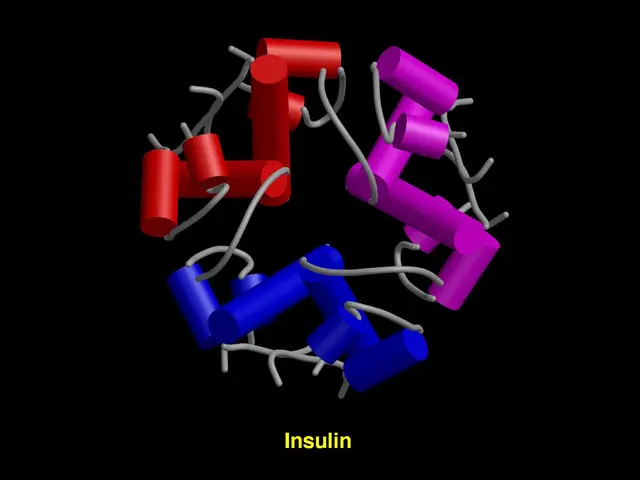Debate on mandated alerts for individuals with mental health issues - Conflict over Duty to Report for Mentally Ill Individuals
In a recent development, a proposal has been put forth in Hesse, Germany, suggesting that mentally ill individuals who could potentially pose a threat to the public should be reported to the police upon their release from psychiatric facilities. This proposal, however, would require an amendment to the Hessian Psychiatric Care Act.
The idea has garnered support from Dirk Peglow, the chairman of the Hessian branch of the German Criminal Police Association. While Mr. Peglow generally supports the concept, he also raises critical aspects, particularly concerning the provision of adequate care for mentally ill individuals.
The main concern, as expressed by Mr. Peglow, is the inadequate care for mentally ill individuals. He is based in Frankfurt and is associated with the German Criminal Police Association headquartered in Wiesbaden. Mr. Peglow notes that the police cannot solve people's mental health problems but emphasizes the importance of knowing potentially dangerous individuals for risk assessment in threat situations.
Proponents of the mandatory reporting law argue that it would help identify and prevent potential threats, thereby protecting the public from harm. Early intervention and timely treatment could potentially improve outcomes for both the individuals and society. A clear legal framework for reporting may also assist health professionals in navigating their duties and responsibilities, reducing ambiguity.
However, critics of the proposal highlight several concerns. Privacy and confidentiality are at the forefront, with the potential violation of patient confidentiality and the trust essential for effective mental health care being a significant issue. Mandatory reporting could also exacerbate stigma against mentally ill individuals, dissuading them from seeking help and worsening social exclusion.
There is also debate about the effectiveness of these measures in improving public safety and concerns about overburdening police and health systems. The police, according to Mr. Peglow, lack the necessary resources, with too few beds in psychiatric facilities and too few psychologists.
In cases where there are insufficient beds in psychiatric facilities, potentially dangerous individuals are released into unsupervised freedom. This situation poses a problem for both the general public and the individuals themselves. Proper assessment allows for better reactions, according to Mr. Peglow.
The debate surrounding this proposal underscores the complex interplay between public safety, mental health, and individual rights. At the recent International Conference on Law Enforcement & Public Health, it was noted that mental health issues are deeply intertwined with social factors, and partnerships between law enforcement and public health sectors are crucial to create healthier and safer communities.
As more specific details on the Hesse law and its debate surface, a more precise analysis can be provided. However, this summary relies on common themes from similar law proposals and the broader discourse on mental health, safety, and rights.
- Dirk Peglow, the chairman of the Hessian branch of the German Criminal Police Association, supports the proposal to mandate reporting of mentally ill individuals who could pose a threat, but he expresses concerns about the provision of adequate care.
- One of Mr. Peglow's main concerns is the potential violation of patient confidentiality and trust, which are essential for effective mental health care, as a result of the mandatory reporting law.
- Critics of the proposal also argue that it could exacerbate stigma against mentally ill individuals, dissuading them from seeking help and worsening social exclusion.
- The effectiveness of these measures in improving public safety and the potential overburdening of police and health systems are also causes for debate.






